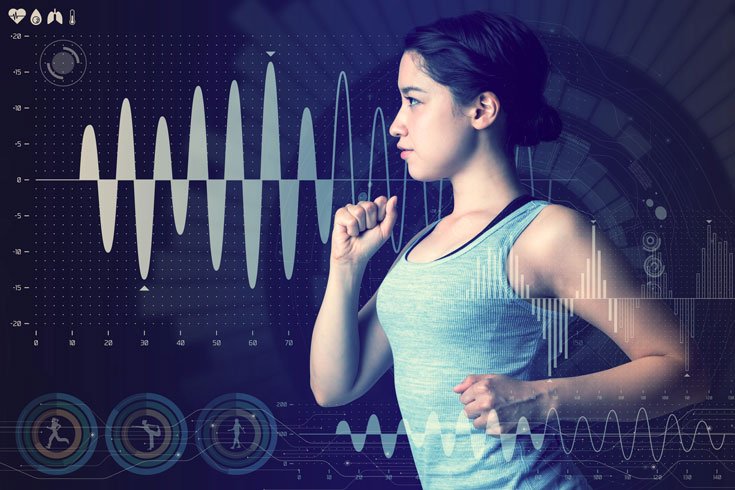Advanced Body Analysis
Have you ever wondered how many calories you need to lose, gain, or maintain weight? Knowing this information can help you set health and wellness goals. Knowing your body composition can help you dial in even further and track progress on and off the scale.
So, how do I test my body composition? An exercise physiologist will use a bioelectrical impedance scale, as well as, a skinfold caliper to measure body fat percentage. Having two measurements ensures that everything is accurate. This is a great tool for tracking progress aside from the overall number on the scale, too.
How do I test my metabolism? An exercise physiologist utilizes a metabolic testing machine that measures the oxygen uptake and output. There is a direct correlation between oxygen consumed and calories burned at rest. By measuring this, we are able to pinpoint how many calories an individual’s body is burning at rest, as well as, how much they will burn when exercising. This is widely accepted as the most accurate way of obtaining a resting energy expenditure, or base metabolic rate.
How do I prep for this type of test?
- Avoid eating or drinking fluids for at least 4 hours before the test.
- Avoid exercising on the day of testing.
- If possible, avoid the use of stimulants such as caffeine the day of the test.
What information do I leave with?
Everyone will receive an in-depth explanation of their metabolic test results and will be sent home with detailed information as well. Not only will the exercise physiologist explain the results of the test, but they can also give individuals information on how to change the results or how to improve the effectiveness of any tools you may be using during your wellness journey.
The knowledge you gain may be a great tool to elicit behavior change, which will allow you to reach your personal wellness goals.
*A separate repeat test can assess if your efforts are resulting in muscle building or changes in your body’s makeup.
